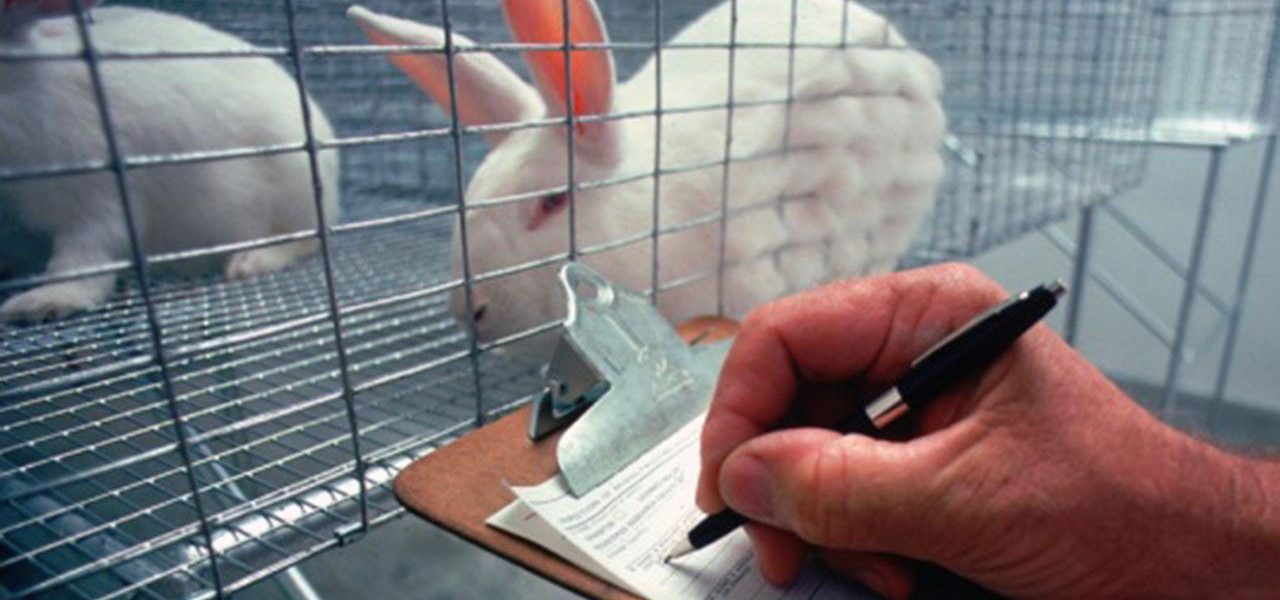At first glance, animal testing may seem cruel and unethical, a clear injustice to a sentient being that has done no wrong and has no voice through which to stand up against such treatment. However, it is prudent and vital to consider the implications of such experiments, particularly in terms of the betterment of human lives.
Pros to Animal Testing
- Medical Advancement: Research done on animals can save countless human lives. It has already led to the discovery of insulin and hepatitis C; vaccines against polio and hepatitis B; and procedures such as open heart surgeries, coronary bypass surgery, and heart transplantation. Many animals, especially primates, share about 90% of their genetic make-ups with humans, so experimenting on such animals can give scientists a good idea about possible reactions in the human body. Further, new medicines can help animals too, since breakthroughs in veterinary medicine have also occurred due to animal experimentation.
- Product Safety: Animal testing helps ensure the safety of drugs and other substances that humans may be exposed to on a daily basis, such as cosmetics. It helps minimize the chances of adverse human reactions, such as rash, itching, or even death, during human clinical trials. Animals used for such safety testing are usually not killed and remain relatively healthy. Furthermore, animals such as mice and rabbits usually reproduce very quickly.
Cons to Animal Testing
- Pain, Suffering, and Death: Most companies claim that no animals were hurt during animal experimentation, but there nonetheless exists a shadow of doubt. Testing potentially includes the jabbing of needles, storage into cramped spaces, and lack of quality/quantity in nutrition. Some animals may die over the course of the experiment or be killed after their use, and others may lose their limbs, eyesight, hearing, muscle coordination, and so on. In some cases, many of the substances tested may never even see approval of public consumption and use; thus, these animals may have undergone such treatment in vain, seeing that no direct benefit to humans occurred.
- Ethics: Since animals cannot volunteer themselves for testing and cannot voice their opinions, some people believe that it is only ethical to test on subjects who willingly give their consent for self testing.
- Price: Animal testing is expensive, as one must pay for food, housing, and maintenance, as well as the initial cost of breeding/buying the animal. This is a cost that may reoccur over the course of several months, even years.
- Accuracy: Although testing on animals are the best alternative to actual humans, there is still an important margin of error, and some people still believe animal testing to be unreliable. A reason for this, other than genetic makeup, is that the animals are kept in an unnatural environment (the laboratory) that places them under stress, which may alter their response.
All in all, both sides of animal testing seems to tilt the scales equally. Animal testing may save millions of human lives, but at the expense of the lives of animals. In the end, taking the pros and cons into consideration, animal testing highlights the fine line between ethics and practical need, and the ultimate decision is subjective to the values of each individual.
Article by Sherry Jiaa
Feature Image Source: Science
























